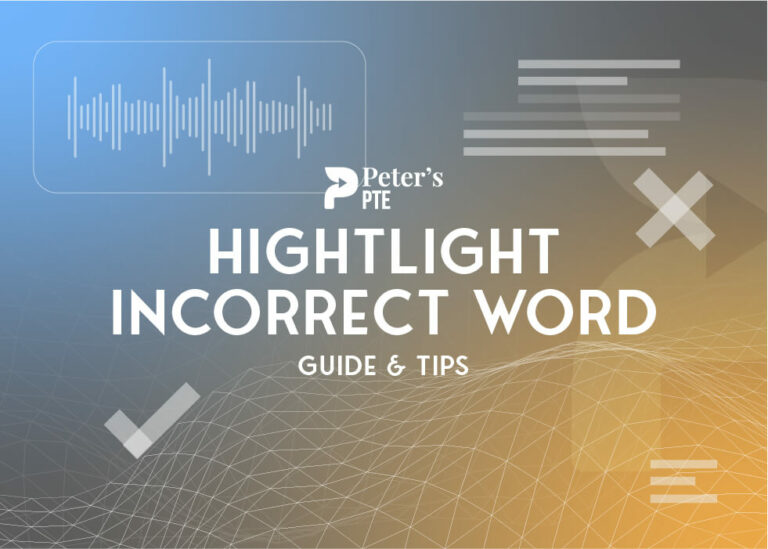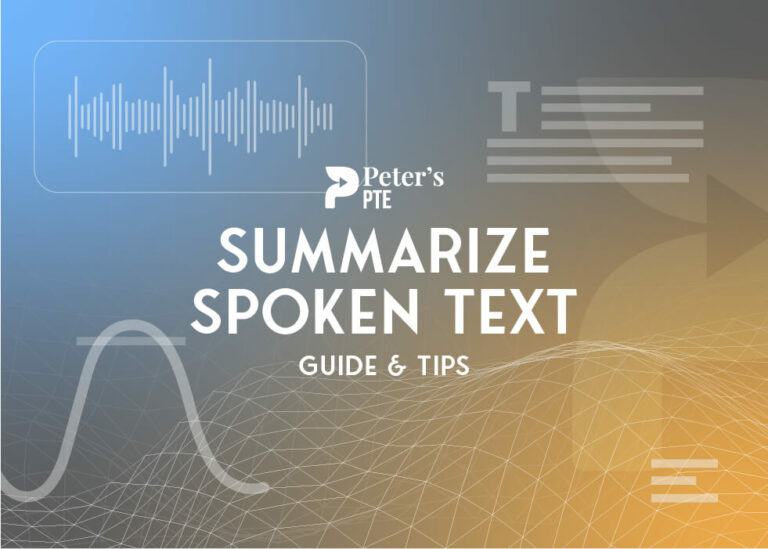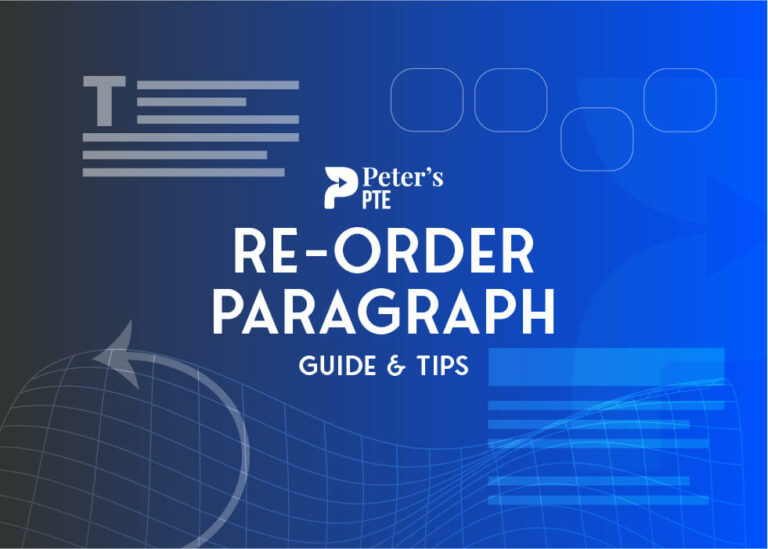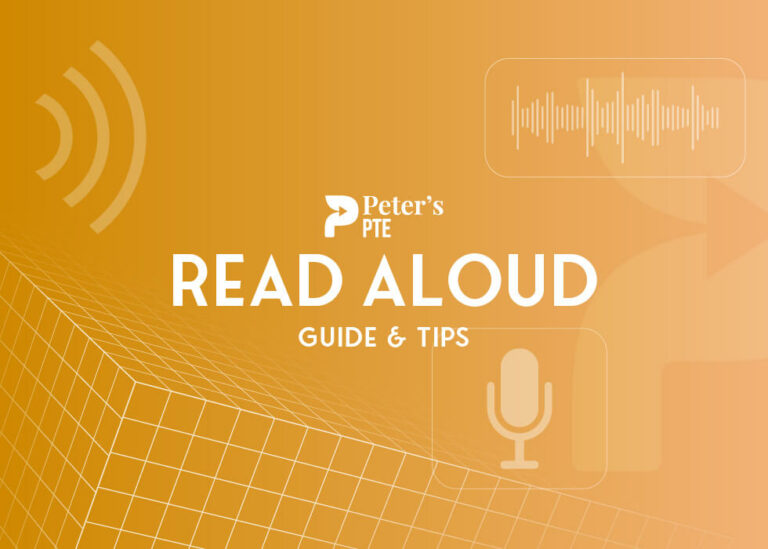Answer Short Question PTE, In the pursuit of academic and professional success, language proficiency tests play a pivotal role, and the PTE (Pearson Test of English) is no exception. Among its various sections, the Answer Short Questions segment requires swift thinking and precise responses. This blog aims to unravel the strategies and insights needed to navigate through the Most Common Answer Short Questions in PTE successfully. By delving into a diverse array of topics, we aim to equip test-takers with the tools to confidently tackle this section, fostering a deeper understanding of language nuances and analytical thinking.
125 Most Common Answer short question PTE
- What do you call the alphabetical list at the end of a textbook that tells you where to find specific information?
- Answer: Index.
- What do you need to see a thing which is far away?
- Answer: Binoculars.
- What does a king or queen wear on their head at official ceremonies?
- Answer: Crown.
- What do we call the piece of paper that proves you have bought an item?
- Answer: A receipt.
- What instrument would you use to examine very small objects or life forms?
- Answer: Microscope.
- What are 3 quarters of 100%? How much percent is three quarters?
- Answer: 75%.
- What is more fuel-efficient, car, or truck?
- Answer: Car.
- What is the antonym of vertical?
- Answer: Horizontal.
- What is the study of the stars and planets called?
- Answer: Astronomy.
- What is the word for a period of one hundred years?
- Answer: Century.
- What kind of liquid do mammals feed their babies (children)?
- Answer: Milk.
- Which organ is the blood pumped from?
- Answer: Heart.
- What special document do most people traveling between one country to another need to carry?
- Answer: A passport.
- What word is used to describe frozen water?
- Answer: Ice.
- When the writer of a book is unknown, what word is used for the author?
- Answer: Anonymous.
- Which sweet food is produced by bees?
- Answer: Honey.
- Which symbol is used to complete a sentence?
- Answer: Full stop/period.
- Would you go to a pharmacy or a surgery to get a prescription filled after visiting a doctor?
- Answer: A pharmacy.
- Whose job is it to treat people that are ill or have an injury at a hospital?
- Answer: Doctor.
- What kind of book is written by a person about their own life?
- Answer: Autobiography.
- What is the name of a building where you can borrow books?
- Answer: Library.
- On what geographical location would someone be living if their country is surrounded by water on all sides?
- Answer: Island.
- What do you call a piece of equipment we use to look at stars?
- Answer: Astronomical telescope.
- In mathematics, there are four basic operations: addition, subtraction, multiplication, and what?
- Answer: Division.
- Where does a camel normally live?
- Answer: Desert.
- How many years are there in a millennium?
- Answer: A thousand years.
- What is the natural material used to make a car tire?
- Answer: Rubber.
- If a figure is a pentagon, how many sides does it have?
- Answer: Five.
- What do you call the strap that circulates a person in a car or an airplane?
- Answer: Seatbelt.
- When you get lost in the city, what do you need?
- Answer: Map.
- When you react to a stimulus, is your response quick or slow?
- Answer: Quick.
- What can we call a doctor who can sell prescribed medicines?
- Answer: Pharmacist/Chemist.
- What can we call the animals with white ivory and a long trunk?
- Answer: Elephant.
- How many days should be added to February in a leap year?
- Answer: One day.
- How many years does a centennial celebrate?
- Answer: 100 years.
- What are the people who study ancient bones or plants in rocks?
- Answer: Paleontologist.
- If there are 8 black balls and 1 white ball, and I randomly pick one, which color is most likely to be picked?
- Answer: Black.
- If you want to buy a ring, who do you approach, a jeweler or a pharmacist?
- Answer: Jeweler.
- What do we call the instructions that tell you how to cook food?
- Answer: Recipe.
- What is the job title for someone who cooks food in a kitchen?
- Answer: Chef/Cook.
- What do you call a list in front of a book which outlines the structure of a book?
- Answer: Table of Contents.
- What does a Sundial measure?
- Answer: Time.
- What is the big musical instrument that has 88 black and white keys?
- Answer: Piano.
- What is the joint between your shoulder and your forearm?
- Answer: Elbow.
- What is the opposite of “predecessor”?
- Answer: Successor.
- What are the strings on shoes?
- Answer: Shoelace.
- What are the things that you touch with your left hand when you play the guitar?
- Answer: Strings.
- What kind of sense do you use by your ears?
- Answer: Hearing.
- What are the mountains that erupt?
- Answer: Volcanoes.
- What do we call the “Times New Roman” in Microsoft Word?
- Answer: Typeface/Font.
- What are the two holes in your nose to breathe?
- Answer: Nostrils.
- Which one would you use to describe the desert, humidity, or aridity?
- Answer: Aridity.
- Before airplanes were invented, how did people travel between the island from America to Europe?
- Answer: By ship/By cruise.
- What system does the earth belong to?
- Answer: Solar system.
- What is the meaning of “post” in the word “postgraduate?
- Answer:
- What is the opposite of positive?
- Answer: Negative.
- What do we call the thread in the center of a candle?
- Answer: Wick.
- What natural resource is used by a carpenter?
- Answer: Wood.
- How many hemispheres does the equator divide the globe into?
- Answer: Two.
- What is the most catching line of the newspaper?
- Answer: Headline.
- How do we call a person who works in the company?
- Answer: An employee./Employees.
- What do we call a festival which is held every four years gathering people together as a sporting event?
- Answer: Olympics (Games).
- What type of food does a vegetarian eat, beef pie or fruit salad?
- Answer: Fruit Salad.
- Which day is between Tuesday and Thursday?
- Answer: Wednesday.
- What can bring astronauts to space?
- Answer: Spacecraft.
- What publication reports daily news?
- Answer: Newspaper.
- What is the collection of pictures called?
- Answer: Album.
- Who is a physician who performs surgical operations?
- Answer: Surgeon.
- “We went somewhere”, how do you understand it’s a past sentence?
- Answer: Went.
- What is the opposite side that the sun rises?
- Answer: West.
- Who sits in the cockpit of an airplane?
- Answer: Pilot.
- How do you describe the line that segments a circle?
- Answer: Chord.
- Which continent do China, India, Korea, and Japan locate?
- Answer: Asia.
- What is the opposite of the word ‘artificial’?
- Answer: Natural/genuine/real.
- What do bees collect from flowers?
- Answer: Pollen.
- Why are bees so important to agriculture?
- Answer: Pollination.
- How would you describe someone who can speak two languages?
- Answer: Bilingual.
- What is a standard set of letters that is used to write one or more languages based upon the general principle?
- Answer: Alphabet.
- In which reference book can you find synonyms and antonyms?
- Answer: Thesaurus.
- What does ASAP mean? What does ASAP stand for?
- Answer: As Soon As Possible.
- What do these following belong to chrysanthemum, roses, daisies, tulip, etc?
- Answer: Flowers.
- What device do you use to measure your weight?
- Answer: Scale.
- How do you call the diagram that includes a horizontal line called X-axis and a vertical line called Y-axis?
- Answer: Coordinate system.
- How many wheels does a tricycle have?
- Answer: Three.
- Which part at the end of the book can be used for further reading? An index or a bibliography?
- Answer: Bibliography.
- Where can you find the index in a book?
- Answer: At the end.
- Which one has higher humidity, a desert, or a rainforest?
- Answer: A rainforest.
- What is the hardest/toughest part of your hand?
- Answer: Nails.
- What is the hard object in the center of peaches, apples, and pears?
- Answer: Stone.
- What does the chemical symbol H2O stand for?
- Answer: Water.
- What do you call the publication that is published four times a year?
- Answer: Quarterly.
- What is the capital of France?
- Answer: Paris.
- What does ice become when you heat it?
- Answer: Water.
- What adjective is opposite to Plural?
- Answer: Singular.
- What is the antonym of predecessor?
- Answer: Successor.
- On a computer, what is Times New Roman an example of?
- Answer: Font.
- What is three quarters expressed as a percentage?
- Answer: 75%.
- Which field of study uses the periodic table?
- Answer: Chemistry.
- Paper manufacturing results in the destruction of what natural resource?
- Answer: Wood.
- What is the name of the punctuation mark that shows the end of a sentence?
- Answer: Period/Full stop.
- What is the term for two siblings who are born from one mother at the same time?
- Answer: Twin.
- Is plastic or paper easier to recycle?
- Answer: Paper.
- What is the name of the story you write about yourself?
- Answer: Autobiography.
- From where in the universe do we get solar energy?
- Answer: The Sun.
- Kilograms, ounces, tons, and stones are types of units to measure what?
- Answer: Weight.
- What do you call a university student who has not yet attained a degree?
- Answer: Undergraduate.
- In what household appliance do you store perishables?
- Answer: Refrigerator.
- If something is irreparable, what could no one do to it?
- Answer: Repair.
- If the temperature is falling, is it increasing or decreasing?
- Answer: Decreasing.
- A new lecture is arriving later this week on Wednesday. If today is Tuesday, when will they arrive? Today, Tomorrow, or Next week?
- Answer: Tomorrow.
- What is the term for the political line that separates two nations?
- Answer: Border.
- Which of the following represents a strong economy? High unemployment or Low unemployment?
- Answer: Low unemployment.
- What do people use to see distant stars and planets?
- Answer: Telescope.
- Which part of the body controls your thoughts?
- Answer: Brain.
- In a job interview, would nice candidates try to appear enthusiastic, lazy, or confused?
- Answer: Enthusiastic.
- Which potentially hazardous activity involving the inhalation of tobacco products is widely discouraged by doctors?
- Answer: Smoking.
- What type of coastal building warns sailors of dangerous coasts?
- Answer: Lighthouse.
- How many days are in a leap year?
- Answer: 366.
- How many years are there in a century?
- Answer: 100 years.
- How many years are there in a passage of a decade?
- Answer: 10.
- If a figure is hexagonal, how many sides does it have?
- Answer: Six.
- In which direction does the sun come up?
- Answer: East.
- Some calendars begin the week on Sunday, what is the other day which commonly starts a week?
- Answer: Monday.
- What do we call a book that contains lots of words with their meanings?
- Answer: Dictionary.
- What do we call 10 years?
- Answer: Decade.
Conclusion
Mastering the Most Common Answer Short Questions in PTE is not merely a test-taking skill but a journey toward linguistic mastery. The knowledge gained from practicing these questions extends beyond the exam room, proving beneficial in academic, professional, and everyday communication contexts. As you embark on your preparation journey, remember that each question is an opportunity to refine your language skills. With diligence and strategic preparation, you’ll be well-equipped to face the Answer Short Questions section with confidence and competence, ultimately achieving success in the PTE.
